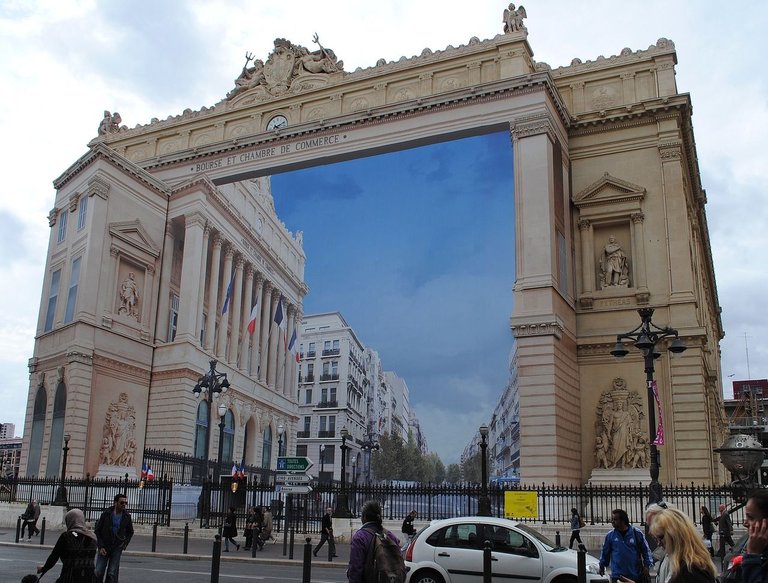Intercultural exchange can be referred to as the exchange of ideas, customs, norms, conventions, and knowledge between people from various cultural backgrounds. It involves interaction and communication between people or groups with different cultural identities, leading to mutual understanding, respect, and appreciation for diversity.
It can take place through various means such as traveling, education, arts, media, and technology, and it plays an important role in promoting cultural awareness, tolerance, and global cooperation.
Intercultural exchange has an important role in our increasingly interconnected world and facilitates understanding, respect, and appreciation for different cultures. This exchange happens through different sectors, such as education, travel, media, and technology, and has many benefits for people, societies, and communities at large. Here, I would want to delve into the significance of intercultural exchange in greater detail.
The first thing intercultural exchange does is that it promotes cultural understanding and empathy. By interacting with people from various environments, individuals gain insight into different ways of living, beliefs, and values. This exposure helps break down stereotypes and misunderstandings, fostering a more inclusive and tolerant society. Additionally, intercultural exchange helps individuals learn the way to relate with people and also learn some values, that could help mold an individual into a better person.
Secondly, Intercultural exchange also adds to the development and growth of individuals. It challenges people to leave their comfort zones, adapt to new environments, learn new things, and communicate across cultures not minding the limitations. These experiences build stability, flexibility, and interpersonal skills, which are invaluable in an increasingly various and globalized world. Furthermore, intercultural exchange can enhance creativity and invention by exposing individuals to new viewpoints and beliefs.
On a broader level, intercultural exchange promotes peace and global cooperation. Facilitating mutual understanding and respect reduces the likelihood of conflict and promotes dialogue and love across cultures. In today's world, where many people have conflicts that are rooted in cultural misconceptions, intercultural exchange plays a crucial role in promoting global peace and stability.
It also has economic benefits. It facilitates trade, tourism, and investment by creating opportunities for cultural exchange and collaboration. By fostering connections between people from different cultures, it opens up new markets and drives economic growth. Additionally, intercultural exchange can lead to the sharing of knowledge and best methods, which can help industries and communities around the world. E.g in the world economy the major reason we countries do not do well there is that they don't produce secondary goods, they only sell their primary goods and buy the secondary goods produced from their primary goods at a high price. What intercultural exchange does to this country is that, it makes them understand how they should relate with those countries to know what and how to produce.
In the realm of education, intercultural exchange enhances learning experiences and prepares students for the global workforce. Exposing students to different cultures, helps them expand their knowledge in cross-cultural communication skills and a global perspective, which prepares them to steer an increasingly diverse and interconnected world and enhances their employability in a multinational context.
Intercultural exchange also has social benefits, enhancing a sense of belonging and community. By celebrating diversity and promoting inclusivity, it creates a more cohesive and stable society. It also provides some opportunities for cultural expression and dialogue, enriching the cultural fabric of communities and stimulating cultural ancestry preservation.
Intercultural exchange is essential in promoting understanding, respect, and appreciation for diversity. It benefits people, societies, and communities by facilitating cultural understanding, fostering personal growth, improving inventiveness and invention, promoting peace and global cooperation, driving economic growth, enriching education, and maintaining social cohesion. As we continue to navigate an increasingly diverse and interconnected world, intercultural exchange will play an ever-better role in shaping a more inclusive, tolerant, and successful future for all.
